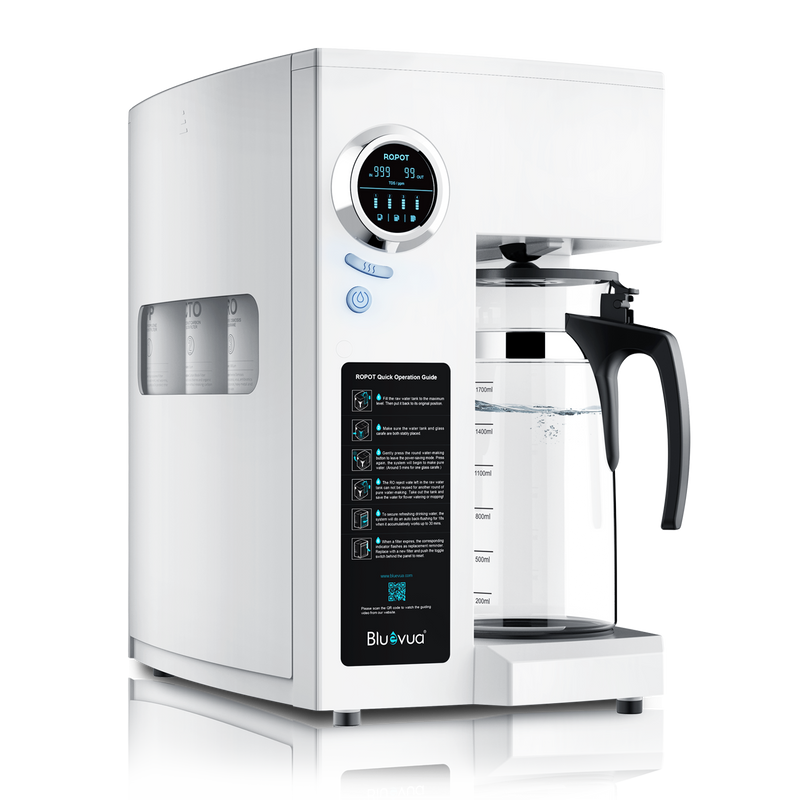In today's world, the demand for clean and safe water is more critical than ever. Industries across the globe are turning to reverse osmosis water filter systems to meet their water purification needs. This article delves into the intricacies of these systems, exploring their technology, benefits, and applications.

Understanding Reverse Osmosis Technology
Reverse osmosis (RO) is a water purification process that uses a semipermeable membrane to remove ions, molecules, and larger particles from drinking water. But how exactly does it work? The process involves applying pressure to overcome osmotic pressure, a colligative property, and force water through a membrane, leaving contaminants behind.
“Reverse osmosis is a highly effective method for removing a wide range of contaminants from water, including salts, bacteria, and other impurities.”
RO systems are designed to purify water by removing up to 99% of dissolved salts (ions), particles, colloids, organics, bacteria, and pyrogens from the feed water. The result is high-quality water that meets stringent industrial standards.
Benefits of Reverse Osmosis Water Filter Systems
Why are industries increasingly adopting reverse osmosis water filter systems? The benefits are numerous:
- High Efficiency: RO systems are capable of removing a wide array of contaminants, ensuring the highest purity levels.
- Cost-Effective: While the initial investment may be significant, the long-term savings on maintenance and operation costs are substantial.
- Environmental Impact: RO systems reduce the need for chemical treatments, thereby minimizing environmental pollution.
- Versatility: These systems can be used in various industries, from pharmaceuticals to food and beverage production.
Applications of Reverse Osmosis in Industry
Reverse osmosis water filter systems are utilized in numerous industrial applications. For instance, in the pharmaceutical industry, they are essential for producing ultrapure water required for drug formulation. In the food and beverage sector, RO systems ensure that water used in production is free from contaminants, thereby maintaining product quality and safety.
Moreover, in power plants, RO systems are used to purify boiler feed water, preventing scale and corrosion, which can lead to equipment failure. The versatility of these systems makes them indispensable across various sectors.
Choosing the Right Reverse Osmosis System
When selecting a reverse osmosis water filter system, several factors need to be considered:
- Water Quality: Assess the quality of the feed water to determine the level of purification required.
- System Capacity: Ensure the system can handle the volume of water needed for your operations.
- Maintenance Requirements: Consider the ease of maintenance and availability of replacement parts.
- Cost: Evaluate the initial investment against long-term operational savings.
For example, the RO System 1234 offers high efficiency and low maintenance, making it an excellent choice for industrial applications.
Conclusion
In conclusion, reverse osmosis water filter systems are revolutionizing industrial water purification. Their ability to provide high-quality, cost-effective, and environmentally friendly water solutions makes them a preferred choice for industries worldwide. By understanding the technology, benefits, and applications of these systems, industries can make informed decisions to meet their water purification needs.
For more information, watch this video overview of reverse osmosis systems.
References















